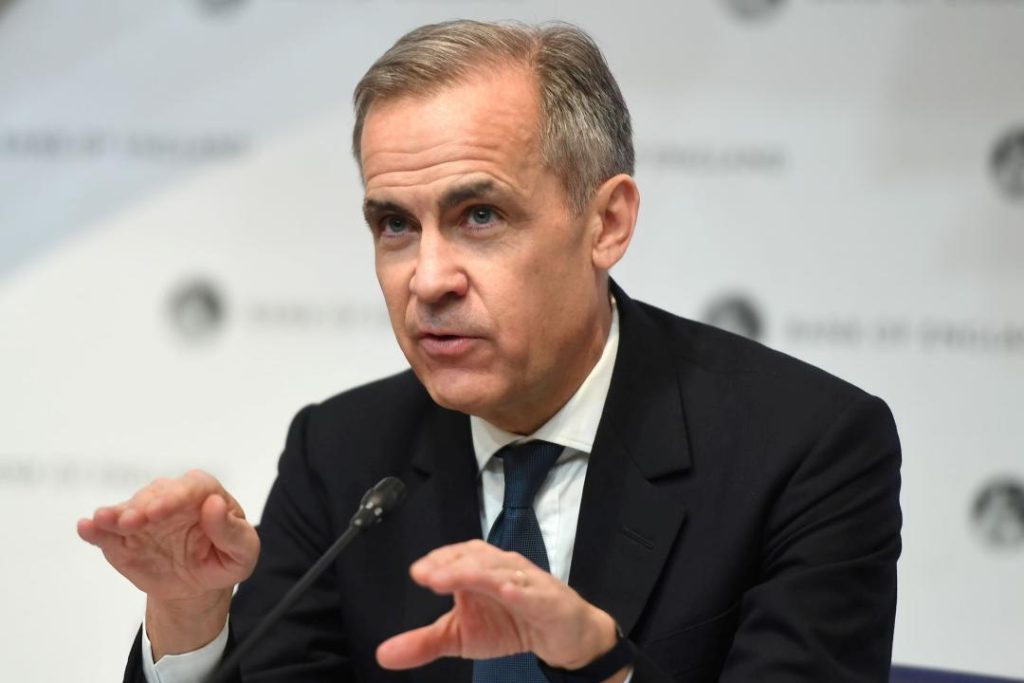
Canada Only G7 Nation to Not Condemn the Pahalgam Terror Attack
On October 11, 2022, a devastating terror attack in Pahalgam, Jammu and Kashmir, left 28 tourists dead and several others injured. The attack, carried out by terrorists, sent shockwaves across the globe, with many nations condemning the heinous act. However, Canada stands out as the only G7 nation that has not issued a statement condemning the attack.
While the international community, including the United States, the United Kingdom, France, Germany, Italy, and Japan, has strongly condemned the attack, Canada has remained silent. The silence of the Canadian government has raised eyebrows, especially considering the country’s reputation as a champion of human rights and democracy.
It’s worth noting that Canada’s opposition leader, Pierre Poilievre, did condemn the attack, stating that “the senseless murder of innocent people is a tragedy that demands our collective outrage and condemnation.” However, his statement was not enough to alleviate the concerns of many who were expecting a stronger response from the Canadian government.
The lack of condemnation from Canada is all the more surprising given the country’s close ties with India. In recent years, Ottawa has invested heavily in strengthening its relationship with New Delhi, and there have been several high-level visits between the two nations. However, this relationship has not always been without its challenges.
In 2018, Canada was embroiled in a diplomatic row with India after it accused New Delhi of involvement in the murder of Khalistani separatist Hardeep Singh Nijjar. Nijjar was shot dead in Surrey, British Columbia, and Canada’s authorities blamed Indian intelligence agencies for the killing. India, however, denied any involvement and accused Canada of making baseless allegations.
The row led to a significant deterioration in ties between the two nations, with India even suspending all high-level diplomatic visits. The situation remained tense for several years, with both sides trading barbs and accusations.
The Pahalgam terror attack has brought the focus back on the strained relationship between Canada and India. Many have questioned whether Canada’s reluctance to condemn the attack is a reflection of its ongoing diplomatic issues with New Delhi.
The attack in Pahalgam is not the first terrorist attack in Jammu and Kashmir. The region has been plagued by terrorism for decades, with various militant groups operating in the area. However, the scale and brutality of the attack have shocked many, and the international community has come together to condemn the act.
The United States, for instance, has strongly condemned the attack, stating that “the heinous act of terrorism… reaffirms the need for the international community to work together to combat terrorism and promote peace and stability in the region.” The European Union has also issued a statement, urging the perpetrators to be brought to justice and calling for an end to terrorism in the region.
France, Germany, Italy, and Japan have all issued similar statements, condemning the attack and expressing their condolences to the families of the victims. However, Canada remains the only G7 nation that has not issued a statement condemning the attack.
The silence of the Canadian government has sparked concerns about its commitment to fighting terrorism and promoting human rights. Many have questioned whether the country’s diplomatic issues with India have influenced its response to the attack.
In conclusion, the Pahalgam terror attack has sent shockwaves across the globe, and the international community has come together to condemn the act. However, Canada’s silence has raised eyebrows, especially considering the country’s reputation as a champion of human rights and democracy. The Canadian government’s reluctance to condemn the attack has sparked concerns about its commitment to fighting terrorism and promoting human rights, and it remains to be seen how the country will respond to this crisis.



